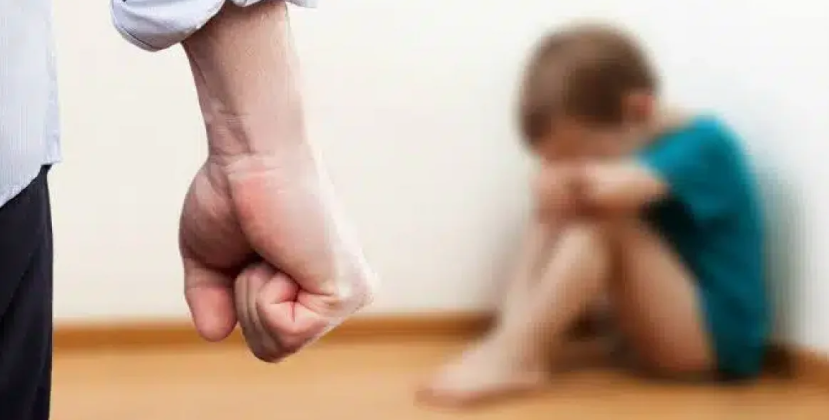Violence against children in Central Asia
The case of a 15-year-old boy who died in Tajikistan as a result of “exemplary corporal punishment” inflicted by his father has reignited the spotlight on the issue of domestic violence. According to some data, 60% of children under the age of 14 in the country are victims of domestic violence. And despite the prohibitions introduced by law, the problem is exacerbated today by ‘demonstration videos’ sent to relatives or uploaded to social networks in search of social approval.
Dushanbe (AsiaNews) - A recent case in Tajikistan has shocked not only the local population, but also society as a whole in Central Asian countries, where the rule ‘I educate my child as I see fit’ still prevails, without interference from above or outside.
A father who suspected his son of theft beat him severely, tied him to his car and dragged him along the road until he died. Corporal punishment of children is considered normal in these areas, with slaps for bad grades at school and physical violence as a means of persuasion and flogging with a belt for disobedience.
The incident in Tajikistan, 60 kilometres from the capital Dushanbe, involved a 40-year-old father against his 15-year-old son who allegedly stole 600 somoni (60 dollars), and he himself filmed his punishment and distributed the video for demonstrative purposes.
This is not the first case of its kind in Tajikistan. In November 2024, another video showed a 54-year-old woman beating five small children with a stick as they screamed and tried to defend themselves, curled up on the ground.
This incident took place in the Khatlon region and involved the maternal grandmother of her grandchildren, aged between 3 and 7. In that case, the woman was arrested on charges of child abuse. Also in that region, another 35-year-old woman beat her 10-year-old son in the street in front of passers-by, who posted a video of the child with a bleeding nose.
Official statistics from these countries show that around 40% of the local population is under the age of 28, and in Tajikistan alone, just under a thousand acts of violence were reported in 2024, not to mention those that remained within the home.
Many of these minors suffered injuries and damage to their physical and psychological health, some of which were quite serious. This is despite the fact that in 2024, Tajikistan became the second Central Asian country, after Turkmenistan, where corporal punishment of children was prohibited by law, but the data shows that over 60% of children under the age of 14 continue to suffer it.
In April this year, Uzbekistan also passed a law “on the protection of children from all forms of violence”, which prohibits parents from using corporal punishment as a means of educating their children.
The reason for this decision was the publication of a UNICEF survey, according to which 62% of Uzbek children under the age of 14 regularly suffer violence in the family for educational purposes. The report indicates a percentage of 53% for minors in Kazakhstan, 38% of whom are between 1 and 2 years old, and Astana has also been advised to take measures in this regard, both in the family and in schools.
Kyrgyzstan has stated its intention to approve a ban on violence against children within this year, but no bill has been presented on the matter so far. A video has also been released from the province of Nooken in Kyrgyzstan showing a man hitting his young daughter on the head, telling her not to cry, to put on her nappy and go to sleep.
The director of the “Happy Family” family counselling centre in Almaty, Kazakhstan, Elžas Ertanujly, has published a book entitled “Parenting without punishment”, explaining that adults still think they can achieve “quick results” with these methods.
‘Many think: why waste time explaining what is right or wrong when all you have to do is shout and threaten?’ comments Ertanujly, while ‘aggression towards children is a sign of adults' weakness, their emotional instability and their inability to cope with the stress of parental responsibility, for which they appear totally unprepared’. And it does not depend on the level of education, but on ‘ignorance of family values’.
As Madina Šaripova, a psychologist from Dushanbe, says, ‘these methods are passed down from generation to generation, and children who have suffered violence will one day take it out on their own children’.
Many observe that modern means of communication have exacerbated the problem, with the spread of “demonstration videos” sent to relatives and all social network users in search of social approval.
Many of these “exemplary punishers” live in conditions of extreme poverty and marginalisation, and seek to “elevate” themselves socially through domestic violence, which confers a perverse form of “traditional dignity”, especially for those adults to whom relatives who are migrant workers have entrusted their children, confident that they are leaving them in good hands.
07/02/2019 17:28







.png)










